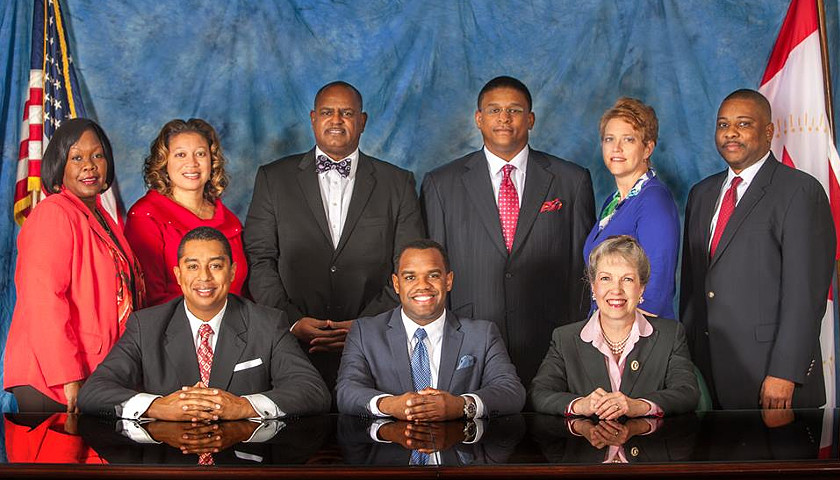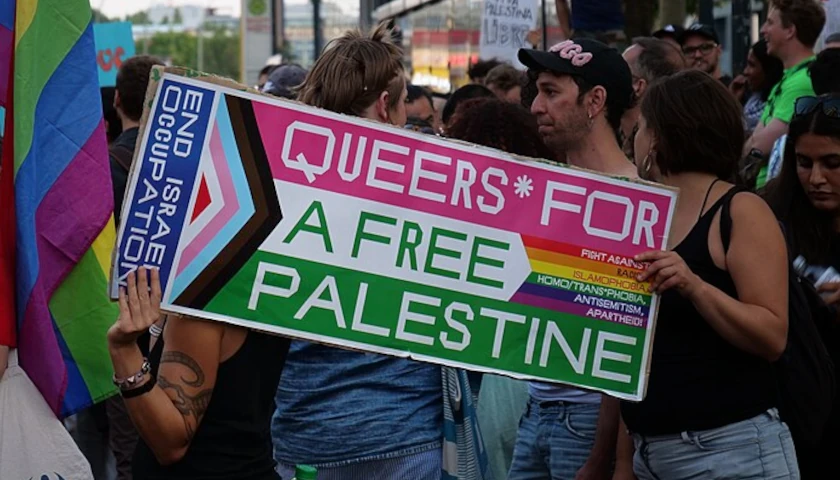The Birmingham City Council in Alabama this week passed non-discrimination ordinances that include sweeping protections for LGBT people and spell out criminal penalties for violators.
The council on Tuesday unanimously passed an ordinance addressing discrimination in housing, employment and public accommodations, and a companion measure addressing discrimination in awarding city contracts. The council will create a human rights commission “to promote principles of diversity, inclusion, and harmony” and to hear complaints.
The ordinances also mention other statuses such as race and disability, but the main intent was to offer protections based on sexual orientation and gender identity, which are not covered under Alabama law. The legislation is the first of its kind in the state, though there are more than 200 cities and counties across the country with similar protections.
Sexual orientation is defined in the Birmingham legislation as “actual or perceived homosexuality, heterosexuality, or bisexuality.” Gender identity is defined as “actual or perceived gender related identity, expression, appearance, or mannerisms or other gender related characteristics of an individual, regardless of the individual’s designated sex at birth.”
Violators found to be discriminatory can be fined up to $500.
In 2014, the Human Rights Campaign, the nation’s largest pro-LGBT activist group, launched an effort to push for LGBT protections in Alabama, Mississippi and Arkansas. The Human Rights Campaign and other LGBT activists are heralding this week’s action by the Birmingham City Council as a huge victory.
Thomas Littleton, a Southern Baptist evangelist who lives in the Birmingham area, told The Tennessee Star that an exemption for religious groups is not far-reaching enough to protect them from confrontations with LGBT groups.
Because the exemption pertains only to hiring people for specific religious duties, it leaves churches open to pressure to make church property available for gay weddings, Littleton said. He also said the measure on city contracts will impact churches and ministries that meet social needs, such as helping the homeless and helping people with health care.
Littleton said only one pastor spoke out against the measures at a hearing before Tuesday’s council vote. Littleton attended the hearing but was unable to speak because he lives outside Birmingham city limits.






Birmingham – it figures. Is Nashville next?